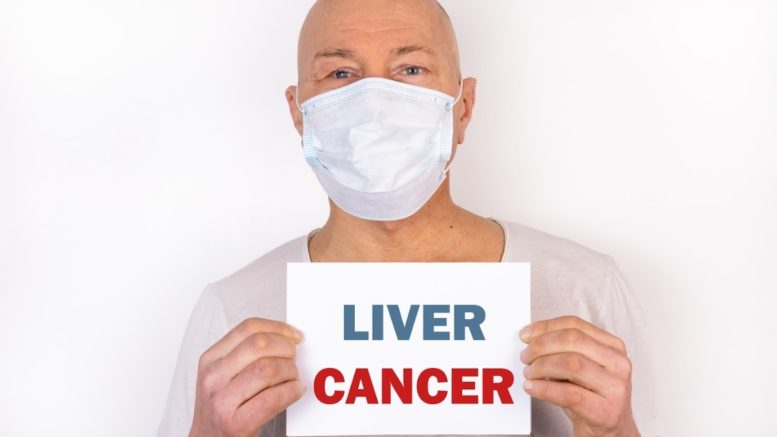Because of its effectiveness in treating gastric issues, doctors across the globe have been prescribing Zantac or any of its equivalent it for years. However, despite its effectiveness, this drug is also linked with several possible adverse side effects in the long run. The most pressing of these side effects is cancer.
Over the course of the last few years, many Zantac lawsuits have been filed. Patients that have long been dependent on this medication are filing their claims alleging the drug caused them cancer. But, is it true that Zantac could cause cancer? Read through this article to learn more.
A Short History Of Zantac And Its Relation With Cancer
In its generic form, Zantac is also known as ranitidine. In 1988, it was one of the most widely used prescription medicines, until it was later made available for over-the-counter use. This fact is precisely the reason for its excellent ability in treating heartburn.
More than just heartburn, ranitidine is also successful in decreasing the amount of acid that’s present in one’s stomach. So, it also has the ability to treat stomach ulcers and gastroesophageal reflux disease.
Eventually, the U.S. Food and Drug Administration (FDA) had to halt the manufacture of Zantac and recall it when researchers discovered that it contains a toxin known as N-nitrosodimethylamine (NDMA). Even at very low levels, laboratories have identified NDMA as a very dangerous carcinogen.
A Background On NDMA
According to claims filed in court, plaintiffs allege that a person can suffer cancer from Zantac use because of the presence of a carcinogenic compound in this drug.
The problem with NDMA is that it has the ability to increase over time, especially when the medication is stored. So, before Zantac even reaches the hands of the consumers, it may have already been growing the amount of NDMA since it was still on the shelves of the pharmacies, waiting to be sold. Also, during the shipping process of Zantac, the excessive temperatures also lead to a rise in NDMA levels.
NDMA’s Link To Cancer
Even with just a little exposure to NDMA, cancer risk is still probable. For patients that have long been dependent on Zantac use, this risk also increases. Additionally, fetal or newborn death was seen when pregnant women take NDMA.
The most common forms of cancer that NDMA, through Zantac or ranitidine, can cause are the following:
- Lung cancer: This is that type of cancer that begins in the lungs, and can, unfortunately, make its way very fast to the surrounding lymph nodes. The two main types of lung cancer are small cell and non-small cell cancer. Lung cancer is mostly caused by harmful lifestyles, such as smoking, and also the exposure of harmful toxins, like asbestos and NDMA.
- Liver cancer: There are many different types of cancer that can form in the liver. The most common type is that which begins in the main type of liver cell, or the hepatocyte. Unfortunately, many people may not feel any signs and symptoms in the primary or early stages of liver cancer.
- Stomach cancer: This is also referred to as gastric cancer. This is a type of cancer wherein malignant cells form in the lining of the stomach. Some of the most common signs of stomach cancer would include pain, indigestion, or stomach discomfort.
A Zantac User’s Recourse
If you’ve long been taking Zantac, you may wish to stop taking that medication. However, don’t do so without asking for advice from your doctor. You may have gotten dependent on this medicine, so it’s best that you also give your body ample time to adjust to the withdrawal.
If you know anyone that may have cancer due to Zantac, or if you fear for that yourself, then it helps to get hold of a lawyer that’s an expert with this type of cases. That way, you can join the vast number of individuals filing for their claims under the Zantac class lawsuit.
Conclusion
As issued by the FDA, there’s now a global recall of Zantac. For the many patients that have cancer claims, lawsuits are also on the rise. Unfortunately for these patients, while their heartburn may have been cured, they also had cancer, or are now at risk for cancer, in exchange (or, at least, that’s what they lawyers claim).
With all this information that you’ve read, you’re now more informed about how Zantac can bring adverse ill-effects to you in the long run.
